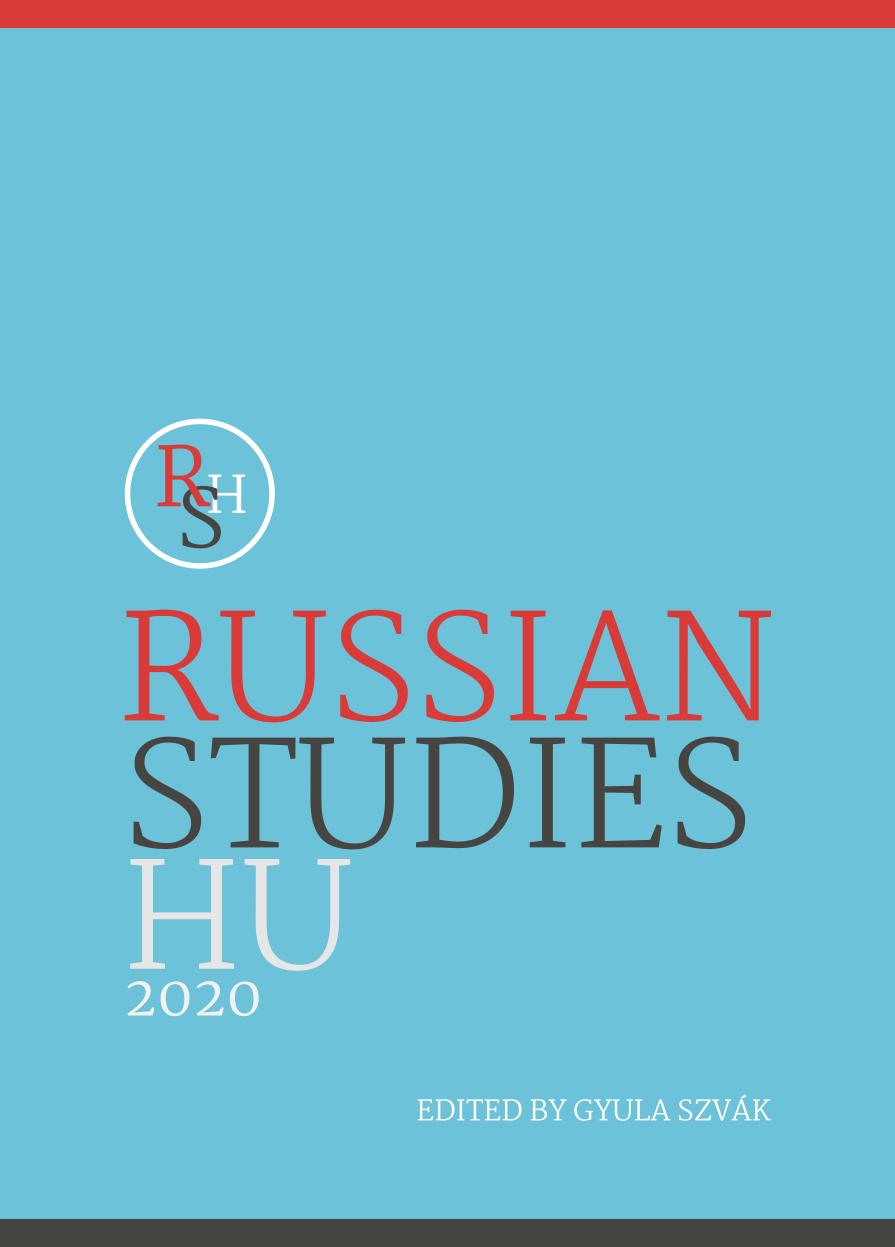Слепой свидетель. Американский посол Джозеф Э. Дэвис в Москве, 1936–1938
The Blind Eyewitness. U.S. Ambassador Joseph Edward Davies in Moscow, 1936–1938
Author(s): Tibor FrankSubject(s): Interwar Period (1920 - 1939)
Published by: RussianStudiesHu
Keywords: Soviet-American relations; Joseph E. Davies; U.S. Embassy in Moscow; Soviet showtrials; Mar-a-Lago; Marjorie Merriweather Post; Mission to Moscow (book and film); Cordell Hull; Franklin D. Roosevelt
Summary/Abstract: Joseph Edward Davies (1876‒1956) was U.S. ambassador to Moscow between 1936 and 1938. Davies was a lawyer who joined the Democrats and contributed to the success of the presidential election of Woodrow Wilson whom he supported in various capacities during his two terms 1912–1920. He was a close companion of Wilson before he became an international lawyer between the U.S. and Mexico, Peru, The Netherlands, Greece and the Dominican Republic. He was mainly involved in anti-trust cases representing Seagrams, National Dairy, Copley Publishing, Anglo-Swiss, Nestlé and Fox Films. Joseph E. Davies supported the presidency of Franklin Delano Roosevelt who sent him in 1936 with his newly wed wife, the former Mrs. Post, as a U.S. ambassador to Moscow. Amb. Davies was led astray by his Soviet hosts, probably through the valuable art gifts he received for his personal art collection. He became as it were blindfolded while studying the Soviet Union and, especially, during the showtrials when he was called upon to watch closely and serve as a witness. The ambassador seemed to believe all the horrible crimes the victims of these trials accused of and showed no doubts whatsoever as to the trials. He sent his reports to Secretary of State Cordell Hull and President Roosevelt, published in his book Mission to Moscow which served as the basis of his 1943 Hollywood film, a great contribution to Soviet propaganda efforts as it came from an authoritative eyewitness who was present at these trials in the critical years in and after 1936, and up to 1938. Mission to Moscow was translated into several languages after World War Two, particularly in Eastern Europe, as it did excellent political service to the Soviet Union and to Joseph Stalin personally. Amb. Davies continued his career as a diplomat throughout and right after World War II.
Journal: RussianStudiesHu
- Issue Year: 2020
- Issue No: 1
- Page Range: 101-131
- Page Count: 31
- Language: Russian

